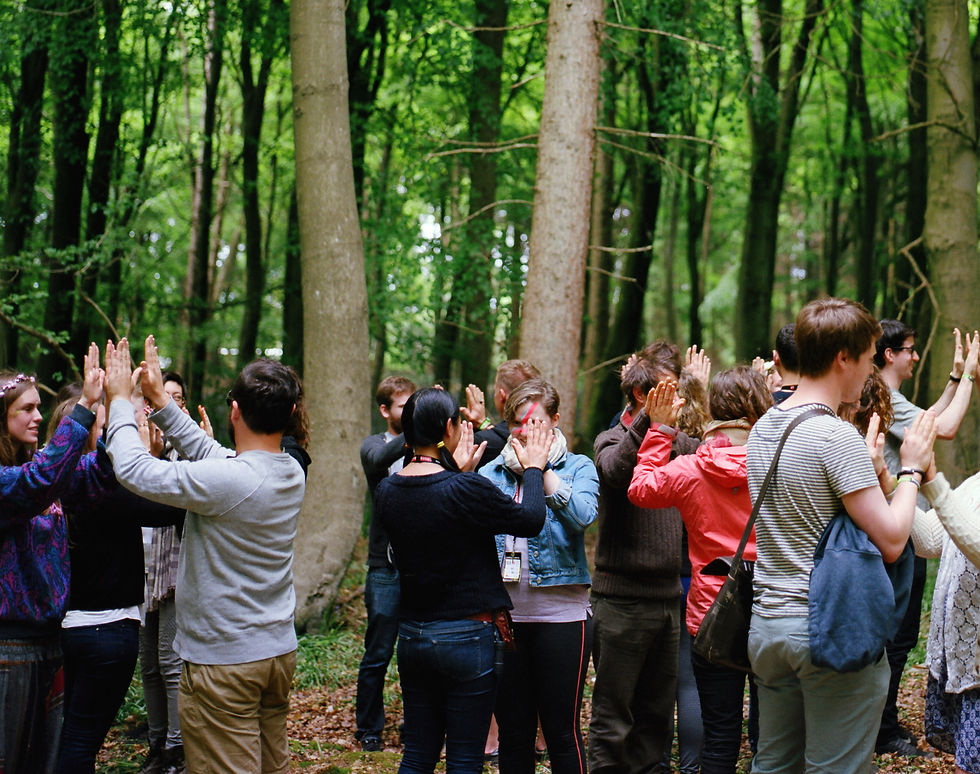ECOTHERAPY
Ecotherapy can be defined as a range of treatment methods that aim to improve your mental and physical well being through doing outdoor activities in nature
Eco therapy helps us connect with out inner selves though nature. The NHS Choices websites suggests five ways though which we can improve our mental health and well-being. These are:
Be active
Connect
Give to others
Keep learning
Take notice

figure 2

figure 3

figure 4
ECOTHERAPY FOR DYSTHYMIA
Ecotherapy has a direct impact on mental health and can change the way you feel and your perspective towards life. It helps treat the major symptoms of Dysthymia such as:
Reduces depression
Reduces anger
Improves self esteem and mood
Reduces anxiety and stress
Increases emotional stability
In a discussion upon Ecotherapy a patient of depression had this to say:
" I have depression, anxiety and BPD.(Doing ecotherapy has allowed me somewhere that is my safe place, a place of my own , where I can be quiet and peaceful. The act of growing and caring for something else helps me to stop thinking about what is going on in my head " (Mind, 2015.)
I think this provides a good understanding of how Ecotherapy helps people suffering from Dysthymia or depression to use nature and convert negative energy into positive by changing their outlook towards life. Being in regular social contact with people helps with self-esteem and being outdoors can improve your mood and health.
Below is a case study that I feel helps summarize the benefits of Ecotherapy on mental health.
CASE STUDY
PoLLeN
The PoLLeN project started in 2010 and is still ongoing. Pollen uses therapeutic horticulture in order to improve the mental well being of people undergoing a mental illness by engaging them with nature. PoLLeN is located at the Bramley by Bow Healthy Living Centre in Tower Hamlets and works in partnership with a GP practice and health care.
My objective is to find out if and how people with dysthymia or depression have benefitted with this practice.
PoLLeN hosts a weekly horticulture session where new participants are welcome to join. There is an introduction to gardening and the participants are given the start and finish times with a particular activity to do. They can work at their own pace, socialize with others or not and for a few coming to the session is a great starting point.
Canterbury Christ Church University found that the project did make a difference to people's mental well being. It helped them become more social and interactive, reduced feelings of isolation, develop and learn new skills, which provided them with perspective in their lives. (Mind, 2013)
As mentioned in an earlier case study done on PoLLeN by Mind, Dr. Saul Marmot, GP Partner and Mental Health Lead at Bromley by Bow Health Partnership had this to say
This shows that having a purpose in their lives has helped participants become organized and look at life with a positive perspective.
A participant explains his experience as
It can be seen that the participant believes he is no longer isolated and has been accepted by society.
This shows that being accepted and not being judged plays an important role in one's recovery process and Ecotherapy has helped increase this sense of belonging.
"I get fewer crisis appointments for some patients once they get involved in PoLLeN and they seem to plan ahead and make better use of their regular appointments" (Mind, 2013)
"I think it’s meeting people with similar problems, and similar issues, you are not judged. We’ve all got some form of illness and you can talk openly about it and sort, no one takes the micky out of you or judges you." (Mind, 2013)
video 2